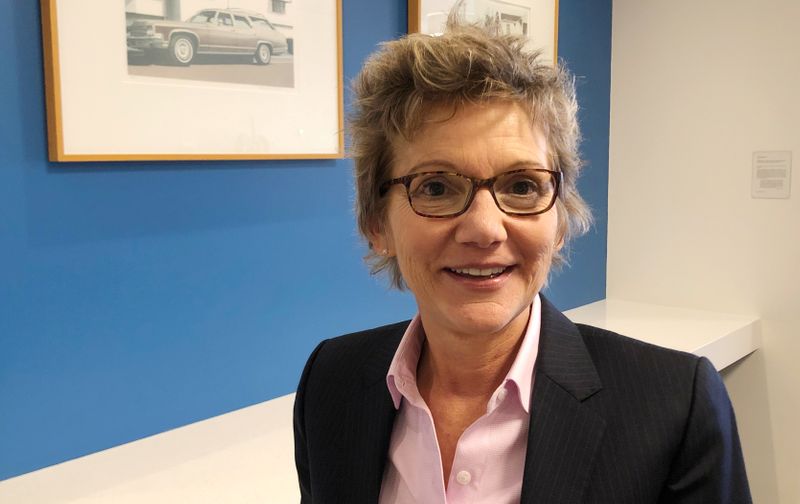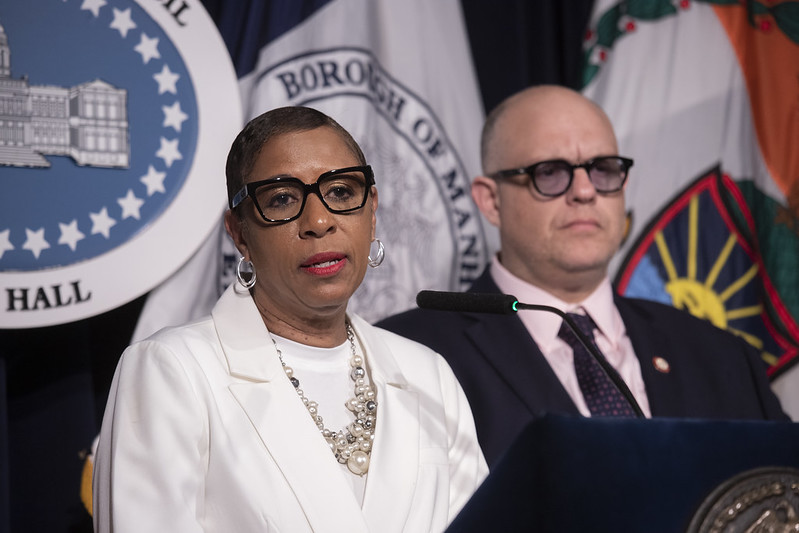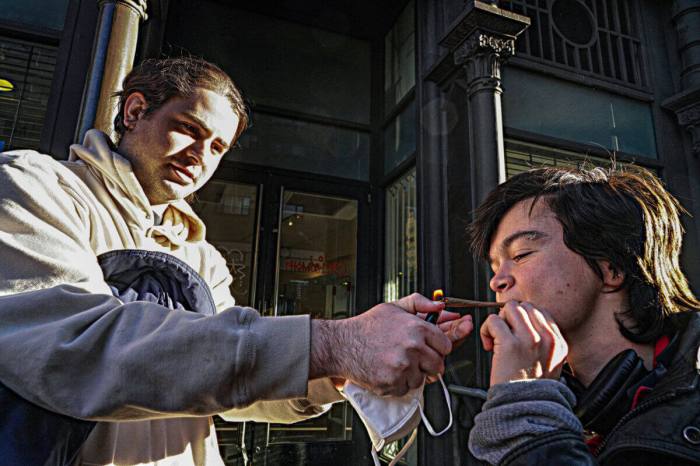(Reuters) – San Francisco Federal Reserve President Mary Daly on Tuesday defended the U.S. central bank from criticism that its easy monetary policy and emergency lending programs are doing more to help the rich than the poor.
“There really isn’t this bright line that separates Main Street from Wall Street,” Daly told CNN International. “If we don’t repair the financial markets and ensure they have liquidity, they can’t pass along the interest rate changes to households and businesses that need them the most…our support for the economy supports everyone.”
In the face of the coronavirus pandemic the Fed pushed interest rates down to near-zero, bought trillions of dollars of bonds, and rolled out nearly a dozen programs to backstop and extend corporate credit and promote bank lending.
Critics say those moves benefit the rich by boosting the price of assets like stocks, even as millions of the working poor lose their jobs and income. Increased national attention to racism after the killing of George Floyd in police custody last month has sharpened the public focus on the Fed’s role in exacerbating inequalities in the economic sphere.
Daly said the Fed’s policies are indeed saving jobs by repairing the “plumbing” of the financial system and helping companies maintain access to the financing that is critical to their operations.
Asked if the Fed’s policies make inequality worse even inadvertently, Daly was unequivocal.
“Not in my judgment,” she said.
But Daly said fighting racism, in addition to being a moral issue, also helps the economy by bringing more people into the labor market.
“Ultimately our job is to ensure that every American that wants a job can get one…but right now of course we are fighting a global pandemic and so it’s emergency support that we are offering.”
(Reporting by Ann Saphir; Editing by Chizu Nomiyama and Andrea Ricci)



















